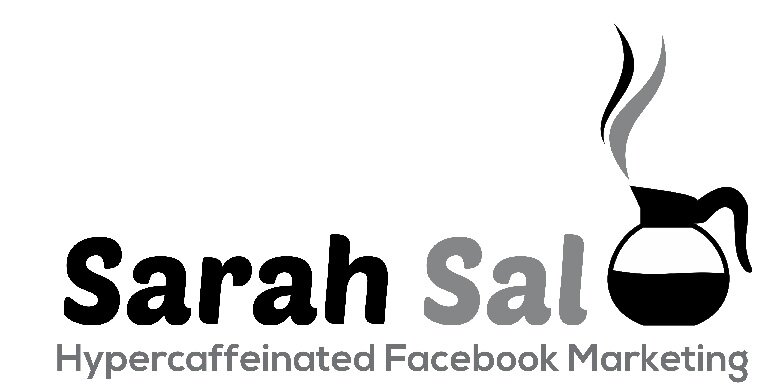Could a viral TV interview with 127 million views teach us how to get more conversions from Facebook ads at a lower cost?
In 2017 the British Channel 4 interviewed Mo Gawdat about happiness; the interview went viral with 80 million views in 11 days, making it the most-watched news clip in the history of Channel 4.
As a result, the CEO of Channel 4 called Mo Gawdat, saying:
"Who are you? "
Why are people interested in this happiness topic?"
"This is impossible; we broadcast violence because it is what people want."
Channel 4 was following the media's conventional wisdom that violence sells.
Likewise, many companies today follow the conventional wisdom in the industry regarding Facebook ads. They hesitate to test new strategies that could enhance the performance of their ads.
In September 2021, an insurance broker named Anorak hired me as their Facebook ads expert because their cost per lead was sky-high.
When I started running ads for them, their cost per lead was at £92.9; in this blog, I'll explain how I successfully managed to reduce their cost per lead down to £18.2, all while spending £295,454.90 on ads.
Reducing Facebook Ad Costs by Addressing Sales Objections
Upon reviewing the active ads, I saw ads with the same exact copy, many image split tests, or ad copy using different wording but conveying the same message.
For instance, one ad set consisted of 18 ads, all conveying the same message but using different images. The cost per lead for this particular set was £108.88.
One common conventional wisdom about FB ads is that the image is the most crucial element and that the copy should be short, which I debunked in a blog post for Copyhackers, which ranked among the top 45 marketing articles in 2019.
I checked the ad comments to get inspiration for a new Facebook ad copy to learn what people who saw the ads thought; after all, why try to blindly guess what might make people convert when the current ad had a lot of comments giving us insight into people's thoughts?
To gain insights into people's thoughts and preferences, I examined the comments section of the ads. It seemed logical to draw inspiration for new Facebook ad copy from the comments rather than blindly guessing what might resonate with viewers. The ads promoted income protection insurance, and I came across objections in the comments, such as skepticism towards insurance companies paying out claims or the belief that unemployment benefits in the UK made such insurance unnecessary.
To overcome these objections, I advised Anorak to develop a Facebook ad copy that directly addressed these concerns and educated the audience instead of solely focusing on selling insurance. We created ads that tackled objections such as the doubt surrounding insurance payouts or the notion that savings or sick pay rendered income protection unnecessary.
Within a month, one of the ads was generating leads at a significantly reduced cost of £9.57, a considerable improvement compared to the previous cost per lead of £92.9.
Over the 14 months I managed the ad account, Anorak spent a total of £295,454.90, generating 16201 leads, resulting in an average cost per acquisition (CPA) of £18.2. This CPA was 5.1 times cheaper than their previous cost per lead. By continually testing new ad copies, we further reduced the cost per lead to £8.71 by September 2022.
Without the more persuasive ad copy, Anorak would have needed to spend over £ 1.5 million to get the same amount of leads. That is a saving of at least £1.2 million.
Furthermore, even if they had invested an additional £1.2 million without addressing the ad copy, there was no guarantee of obtaining 5 times more leads, as inside Facebook's ad bidding system, ads become more expensive the more an advertiser spends.
Hey, Want More Juicy Content Like This? Get It in Your Inbox!
There's only so much I can share in a single blog post. If you love this content, join my email list. You'll get similar insights drip-fed to you one email at a time. Plus, I'll send you free case studies packed with tips to help you get the best results from your ads.
Unveil the rest of my secrets by signing up here. Go on, you know you want to!






